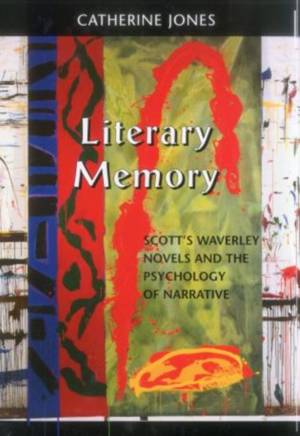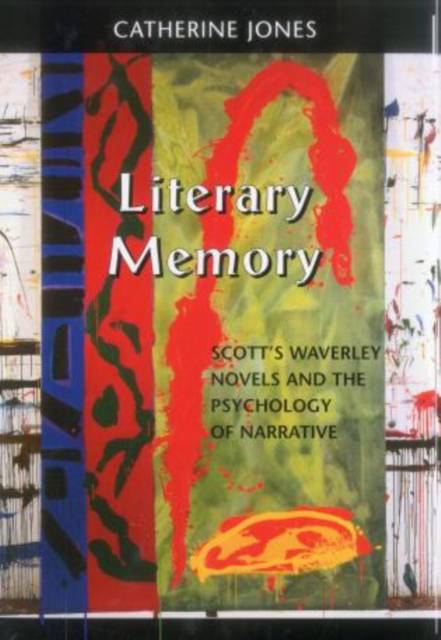
- Retrait gratuit dans votre magasin Club
- 7.000.000 titres dans notre catalogue
- Payer en toute sécurité
- Toujours un magasin près de chez vous
- Retrait gratuit dans votre magasin Club
- 7.000.0000 titres dans notre catalogue
- Payer en toute sécurité
- Toujours un magasin près de chez vous
93,95 €
+ 187 points
Description
Catherine Jone's Literary Memory explores the relationship of memory to writing in the "long" eighteenth century in Scotland and America. It does so by arguing for Walter Scott's adaptation and development in the Waverley Novels of varieties of "literary memory" from the philosophy and psychological theory of the Scottish Enlightenment. In the eighteenth century, philosophy (defined broadly as thinking about knowledge, existence, and being) became inseparable from psychology (the science of the mind). Locating Scott within this rich intellectual context, Jones explores his understanding of, and narrative transformation of, various forms of literary memory, while judiciously distinguishing Scott's complex and influential achievement from later Freudian theories and representations. Casting the cultural and historical perspective wider still, this book also offers a lucid and original account of the ideological rejection of the cultural synthesis represented by Scott's "literary memory" by the New England romance writers, Washington Irving, James Fenimore Cooper, and Nathaniel Hawthorne. Theoretically and historically grounded, Literary Memory will appeal to all those interested in the writings of Scott, the Scottish Enlightenment, Romantic cultural history, the history of the novel, narrative theory, and literature in relation to psychology and psychoanalysis.
Spécifications
Parties prenantes
- Auteur(s) :
- Editeur:
Contenu
- Nombre de pages :
- 249
- Langue:
- Anglais
- Collection :
Caractéristiques
- EAN:
- 9781611481808
- Date de parution :
- 01-04-03
- Format:
- Livre relié
- Format numérique:
- Genaaid
- Dimensions :
- 167 mm x 244 mm
- Poids :
- 551 g

Les avis
Nous publions uniquement les avis qui respectent les conditions requises. Consultez nos conditions pour les avis.






